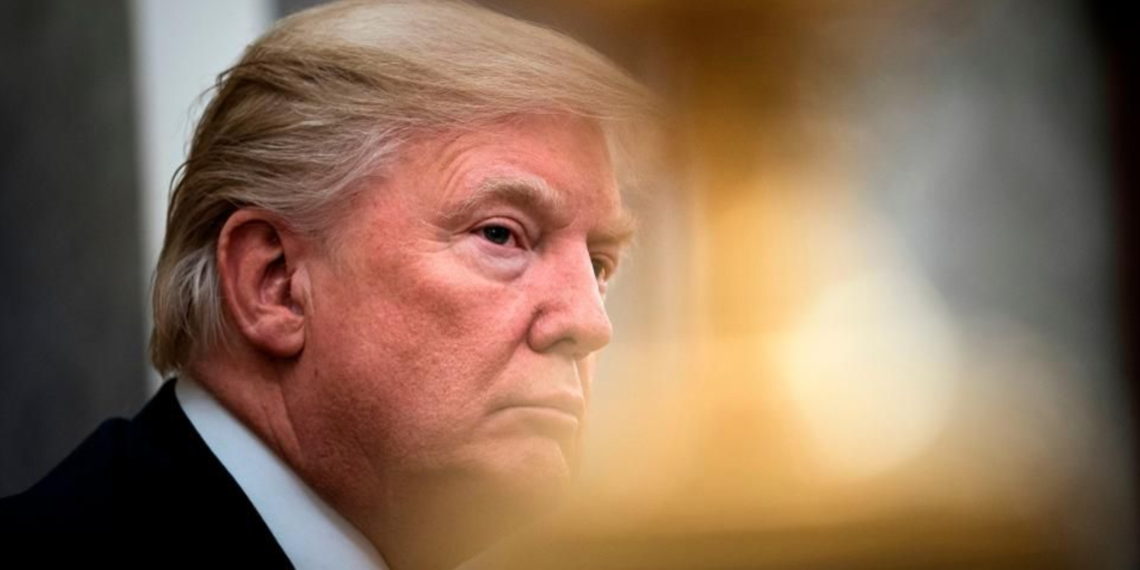The Donald J. Trump administration – led by National Security Advisor John Bolton – has needlessly put the United States on a collision course with Iran that could ultimately result in, at best, a return to the days of constant animosity and tension of the pre-Obama era, or at worst, the collapse of the Iran nuclear deal and all-out war.
Relations between the U.S. and Iran deteriorated significantly last week after Bolton issued a statement saying the U.S. was sending a carrier group and bomber task force to the region to counter unspecified Iranian threats. The Navy had actually previously announced the carrier deployment a month ago, leading some to speculate that Bolton was, as one expert observed, “rebranding a routine deployment” to pick a fight.
Indeed, the statement also issued extremely broad parameters for what would trigger a U.S. military response: “any attack,” Bolton said, “on United States interests or on those of our allies will be met with unrelenting force.” That could even mean, as one Trump/Bolton ally put it, an attack by Hamas on Israel because Hamas’ efforts would purportedly be “aimed at distracting the Israelis from whatever Iran may be planning.”
Just this week, Trump administration officials seemed eager to find justification to attack Iran by blaming Tehran for attacks on Saudi and Emirati oil tankers in the Strait of Hormuz, despite the fact that no evidence has yet emerged as to who is responsible.
War with Iran
Team Trump’s military posturing comes as the U.S. is working to dismantle the Iran nuclear deal by imposing crushing sanctions on the Iranians. Both tracks have caused Iran’s President Hassan Rouhani to announce that Iran will abandon certain limits on its nuclear program if Iran does not receive the economic benefits it was promised under the agreement within 60 days. On top of that, the White House is reportedly considering – at the request of Bolton, who has been gunning for war with Iran for nearly two decades – military options from airstrikes to a full ground invasion.
In short, we are closer to war with Iran today than we have ever been.
But even if we avoid military confrontation, the Trump administration’s extreme Iran policy is already having broader implications.
Implications of Trump’s Iran Strategy
The first is that if Bolton and Trump can’t kill the Iran nuclear deal in the next 18 months, they’re at least making it as difficult as possible for any future Democratic president in 2021 to re-enter the agreement – as many of the candidates have pledged to do – and shift U.S. Iran policy back to one focused on mutual respect and negotiation.
As part of that campaign, Trump recently labeled Iran’s Revolutionary Guards Corps a terrorist group, an unprecedented action that senior U.S. military officials opposed because of the potential harm it could do to U.S. troops in the region. A Democratic president would likely have to revoke that designation as a good faith measure to get diplomacy with Tehran back on track. But the politics of such a move could prove tricky, as Republicans and their allies will likely loft accusations of coddling terrorists.
Trump’s Iran strategy is blind escalation. There is no endgame. No overriding strategy. No way out. It’s just escalation for the sake of escalation.
That’s wildly dangerous and inexcusably dumb, in that order.
— Chris Murphy 🟧 (@ChrisMurphyCT) May 8, 2019
The Trump administration’s latest posturing is also driving the wedge further between the United States and Europe. Secretary of State Mike Pompeo was in Brussels this week to push for a united front on Iran, but America’s closest allies didn’t seem interested in playing along. “He wanted a photo op. We declined and stuck to the plan,” one senior European diplomat said.
“We are very worried about the risk of a conflict happening by accident, with an escalation that is unintended really on either side,” British Foreign Secretary Jeremy Hunt said.
French Foreign Minister Jean-Yves Le Drian added, “The American position to increase pressure and sanctions [on Iran] doesn’t suit us.”
Also this week, Spain pulled a frigate out of a U.S.-led naval group in the Persian Gulf because of its shifting focus to confronting Iran, which the Spanish Defense Minister said is “outside of the framework of what had been agreed with the Spanish Navy.”
Crisis of Trump’s Own Making
The tragedy of this entire situation is that Trump inherited an Iran policy that, with substantial international support, had boxed in Tehran’s nuclear program, taken the U.S. off the path to war, and opened up space to negotiate over other troubling aspects of Iranian policy, like its domestic human rights abuses, support for terrorism, and expanding ballistic missile program.

But instead of capitalizing on a policy that was working, the U.S. is now in a crisis of Trump’s own making.
Even if the United States and Iran don’t end up in some kind of military confrontation, the best case scenario is that the nuclear deal remains on life support, with both sides in an antagonistic holding pattern until Trump leaves office. But if Trump is re-elected and Bolton remains, their campaign for regime change will carry on and along with it the very real possibility of another costly and deadly war in the Middle East.
Disclaimer: The views and opinions expressed here are those of the author and do not necessarily reflect the editorial position of The Globe Post.






















